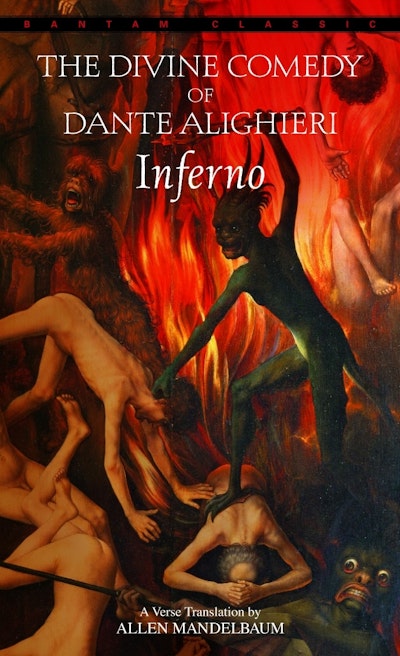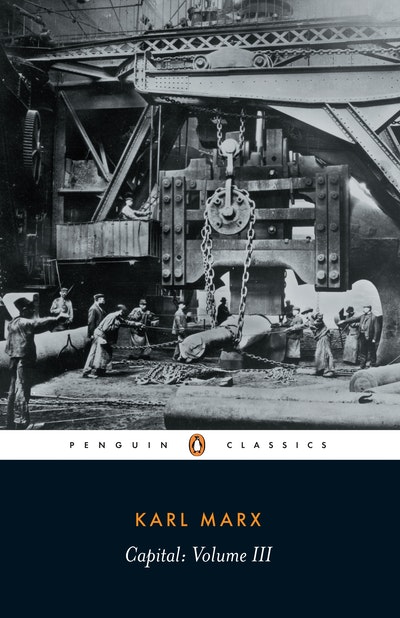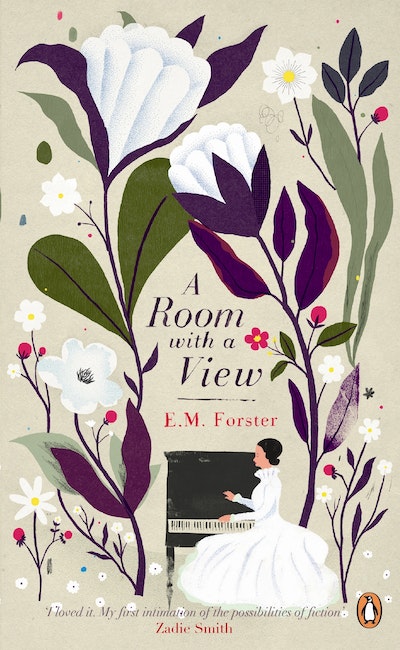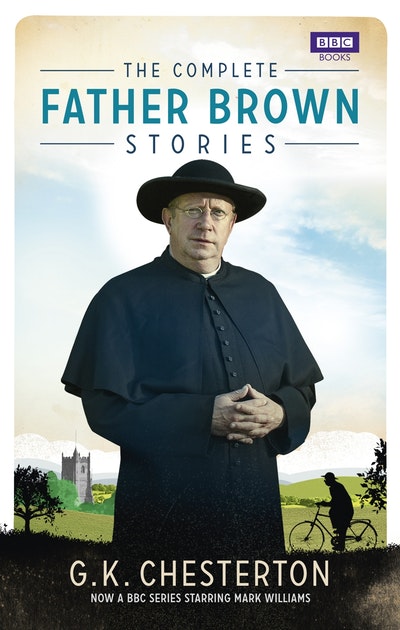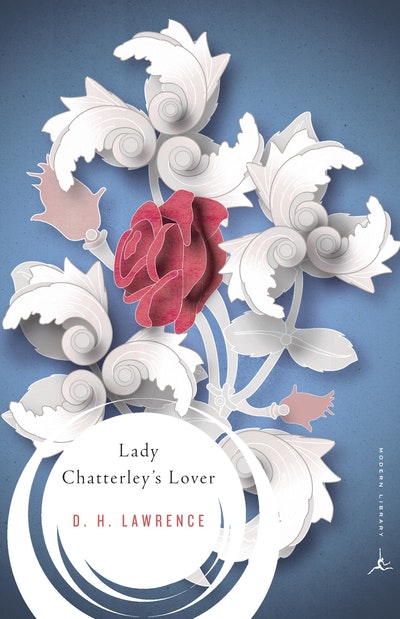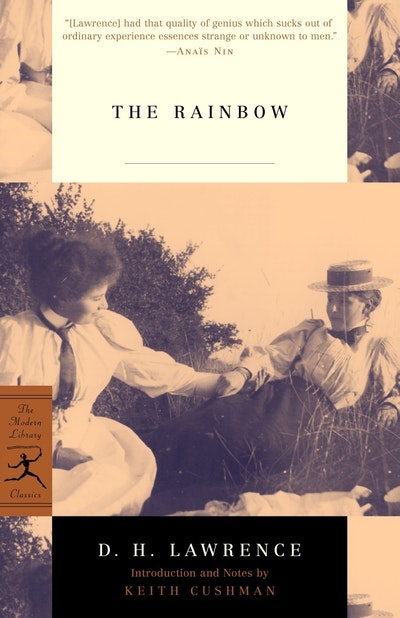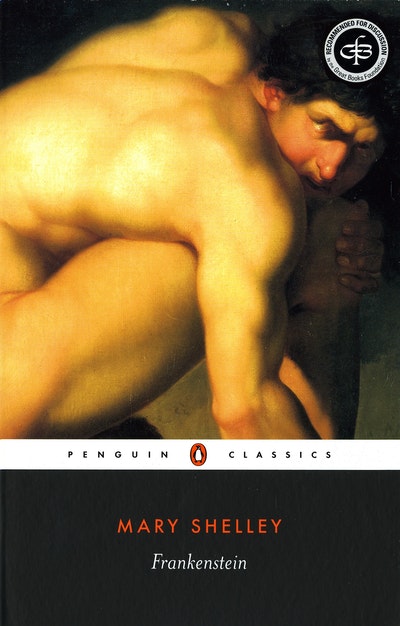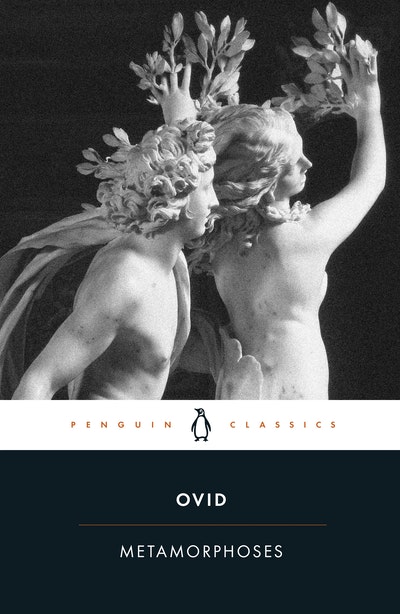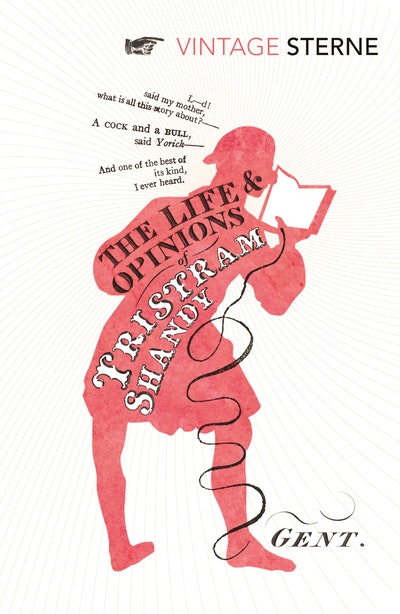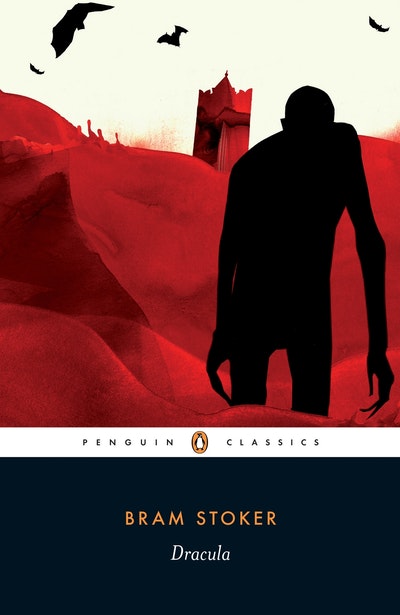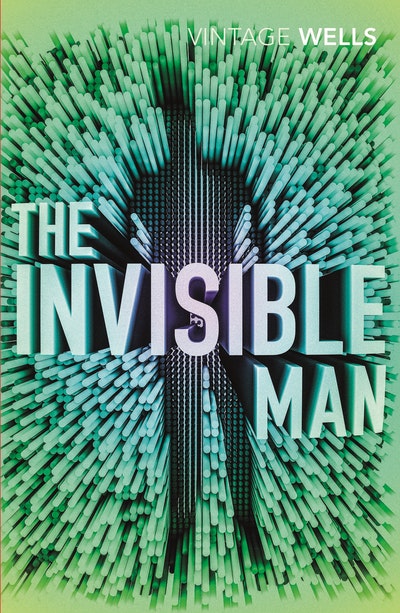- Published: 4 January 2008
- ISBN: 9780141442068
- Imprint: Penguin Classics
- Format: Paperback
- Pages: 416
- RRP: $36.99
Blood, Toil, Tears and Sweat
Winston Churchill's Famous Speeches
First time in Penguin Classics for this single-volume edition of Churchill's most famous speeches
The most eloquent and expressive statesman of his time - phrases such as 'iron curtain', 'business as usual', 'the few', and 'summit meeting' passed quickly into everyday use - Winston Churchill used language as his most powerful weapon at a time when his most frequent complaint was that the armoury was otherwise empty.
In this volume, David Cannadine selects thirty-three orations ranging over fifty years, demonstrating how Churchill gradually hones his rhetoric until the day when, with spectacular effect, 'he mobilized the English language, and sent it into battle' (Edward R. Murrow).
- Published: 4 January 2008
- ISBN: 9780141442068
- Imprint: Penguin Classics
- Format: Paperback
- Pages: 416
- RRP: $36.99
Other books in the series
About the authors
Date: 2003-06-23
Winston Churchill (1874-1965) was educated at Harrow and Sandhurst, and after several years in the army, became a newspaper correspondent and then an MP. After Chamberlain's defeat in May 1940, Churchill formed a coalition government and as Prime Minister led Britain through the Second World War. Defeated in the July 1945 election, he became Leader of the Opposition, and then became Prime Minister once more in 1951. In his last years he was often described as 'the greatest living Englishman'. He was knighted in 1953, and won the Nobel Prize for Literature the same year. His grandson, Winston S. Churchill (born 1940), has also been a writer, journalist and politician.
Winston Churchill (1874-1965) was prime minister of Great Britain from 1940 to 1945 and from 1951 to 1955. A prolific writer, whose works include The Second World War and A History of the English-Speaking Peoples, Churchill was awarded the Nobel Prize for Literature in 1953.
Winston Churchill (1874-1965) was educated at Harrow and Sandhurst, and after several years in the army, became a newspaper correspondent and then an MP. After Chamberlain's defeat in May 1940, Churchill formed a coalition government and as Prime Minister led Britain through the Second World War. Defeated in the July 1945 election, he became Leader of the Opposition, and then became Prime Minister once more in 1951. In his last years he was often described as 'the greatest living Englishman'. He was knighted in 1953, and won the Nobel Prize for Literature the same year. His grandson, Winston S. Churchill (born 1940), has also been a writer, journalist and politician.
















